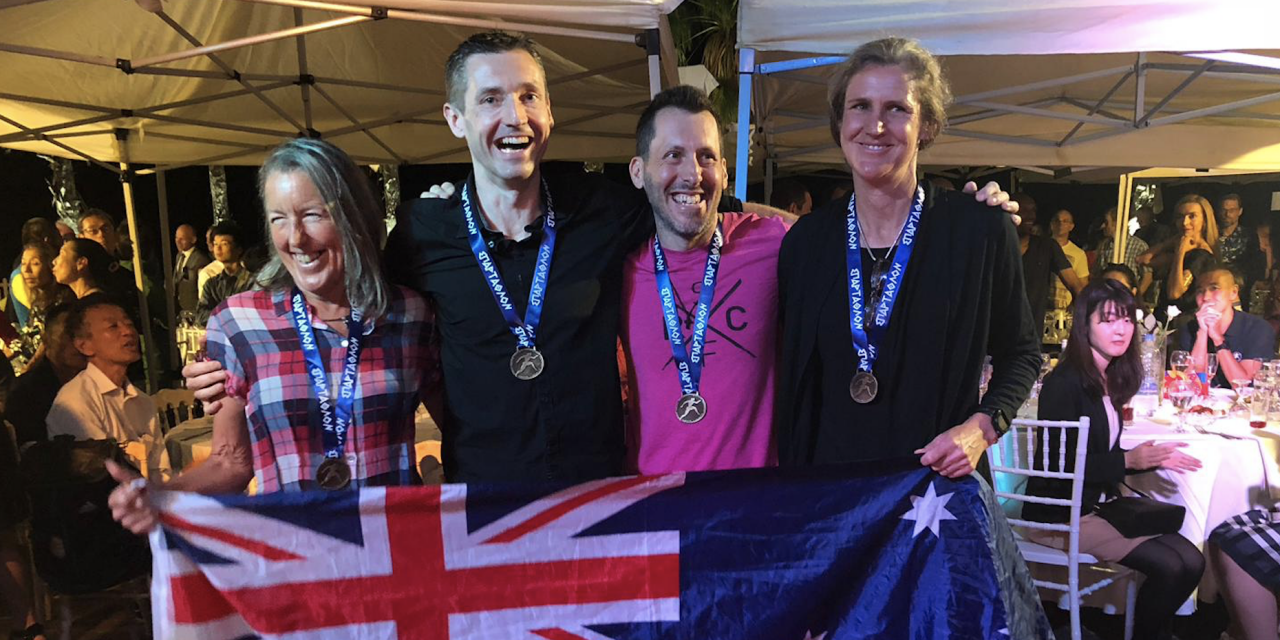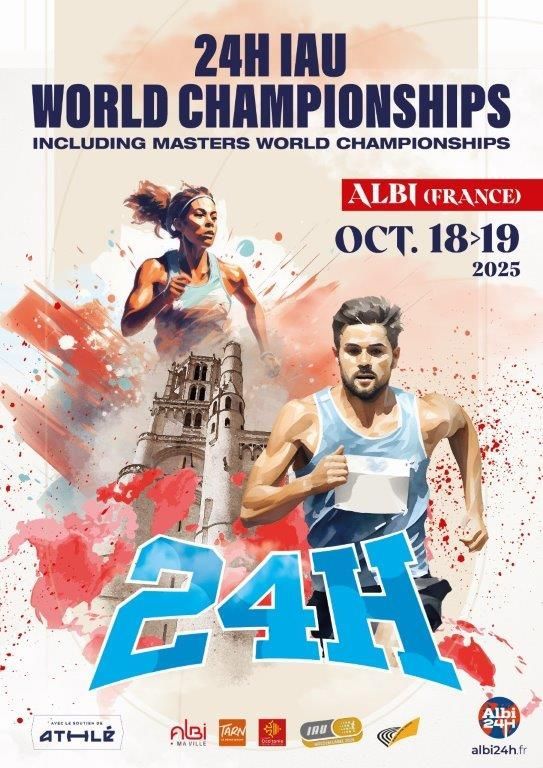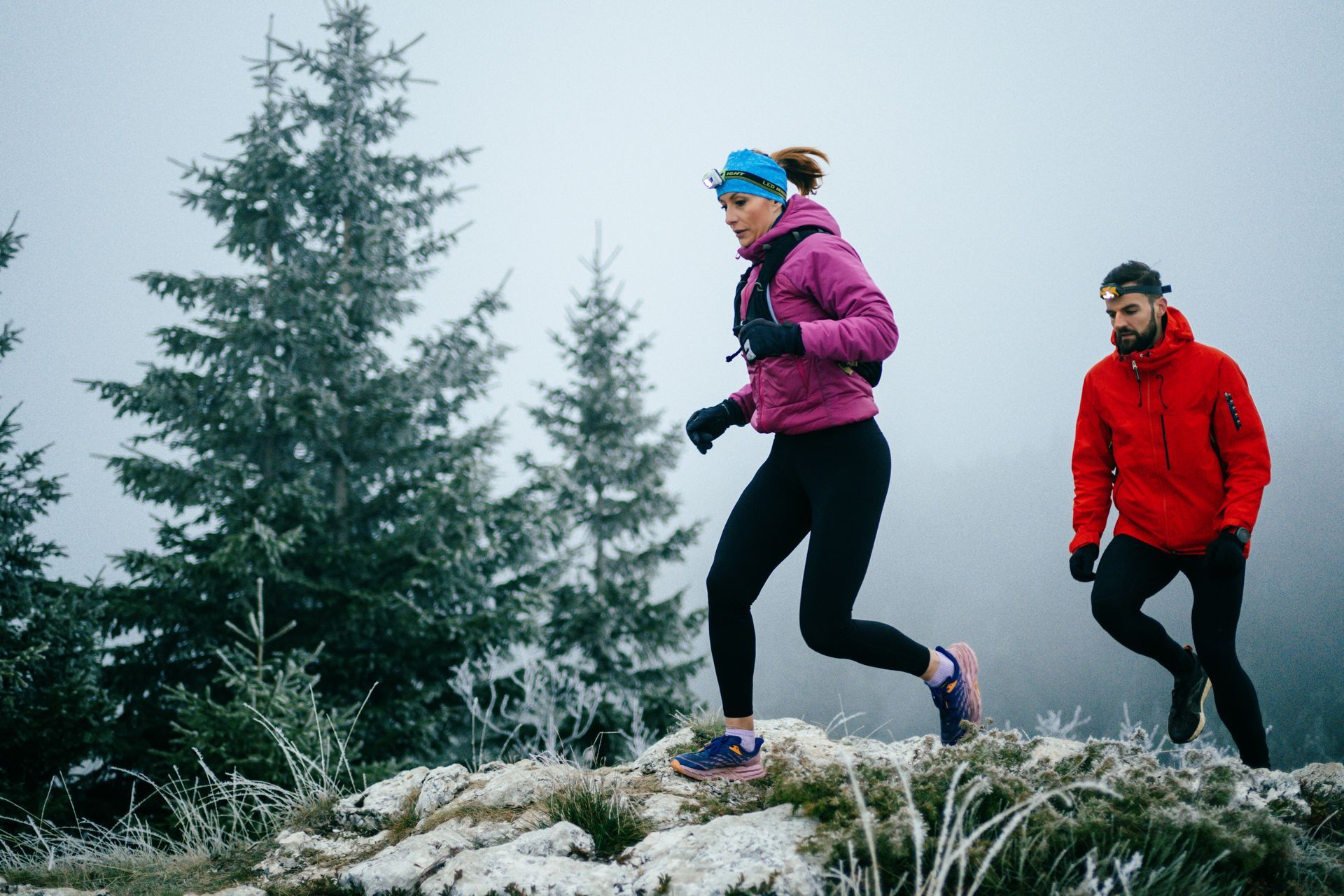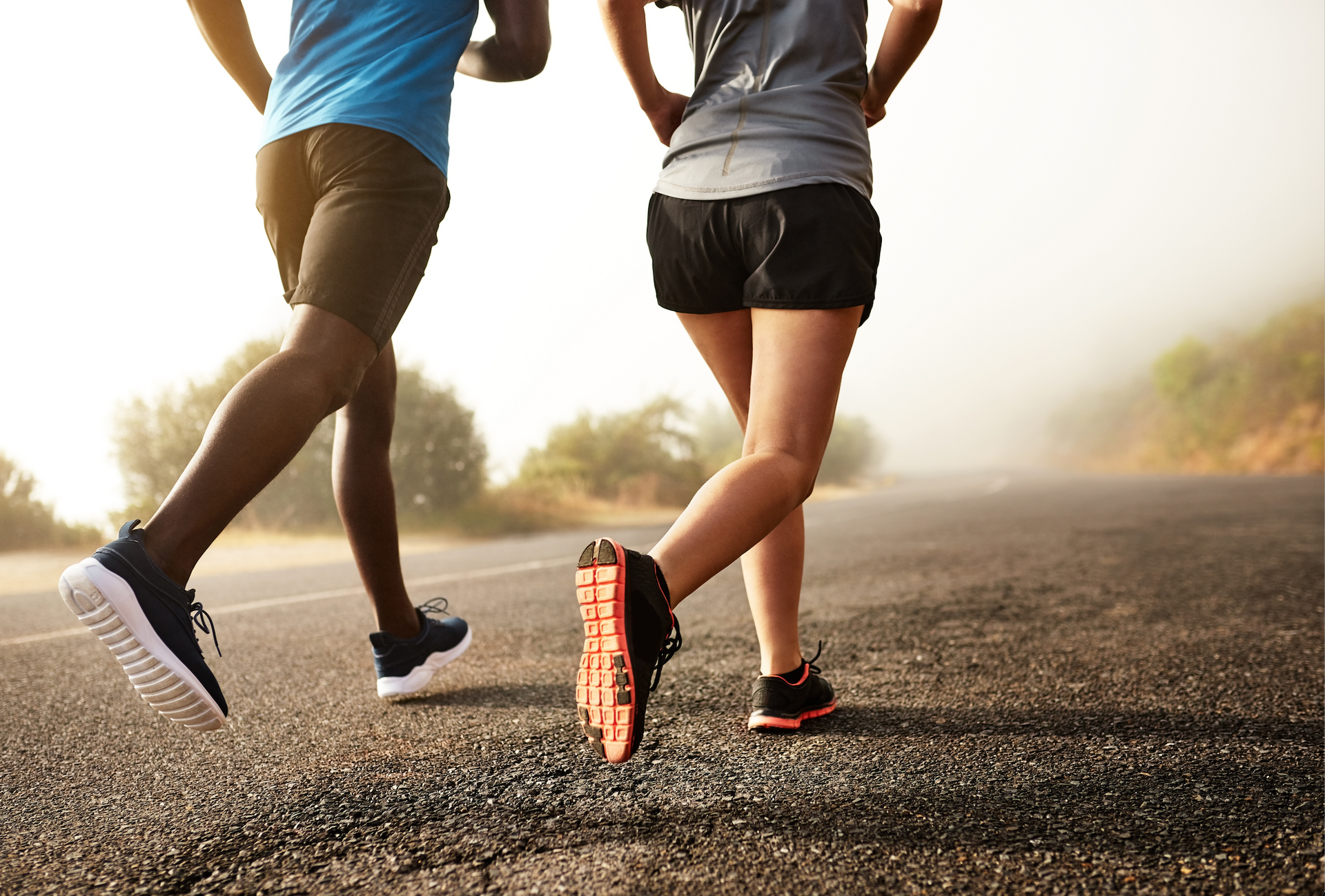
NOT A RACE REPORT, BECAUSE SPARTA
Contributed by Fergus Edwards, AURA member/Spartathlon runner
This isn’t a race report.
Thirty-five Spartathlons have been run in high heat and high humidity, with DNFs caused by dehydration, hyponatraemia, chafing, and blisters. Ours was the first one run through a cyclone (hilariously, Cyclone Zorba). The chances of any of you having to run this race through mild temperatures and a little drizzle, turning to sheet rain being blown into you by 90kph winds are so low that a race report would point your preparation in the wrong direction.
Prepare based on the races of other years, then pack your heaviest waterproofs and a flexible mindset just in case – because the race has no contingency plans for bad weather. There won’t be shelter, the cut-offs won’t change, and the medical scene at the finish line will be the same keen yet amateur scene held in a building with a roof but no walls. The CPs are close, though basic, so you never feel particularly isolated. The mountain is a small hill. The local support is fantastic. Everything I wrote about preparation worked (though the heat training was irrelevant this year) and I would do it all again.
But this isn’t a race report; it’s a polemic.
Checking in, there was a 25-strong GB contingent, all in GB shirts, all their supporters in GB hoodies. There was a 25-strong US contingent, all in US shirts, all their supporters in US shirts. What would you expect, right? Pretty local run for the GB runners, and pretty much what you’d expect from a US contingent? All a bit too keen.
Then the Polish contingent turns up. Then the Latvian. Then the Israeli. Then the Brazilian. And so on, and so on. These countries didn’t have many qualifiers, but their teams have clubbed together informally, they’ve had some shirts printed up, and they’re representing their nation as a team.
International races are expensive, time-consuming, holiday-absorbing, risky and unknown. Spartathlon is just a race, and it has no special international status – it isn’t a world championship, and none of the teams that turn up are nationally sanctioned, but the race is a year older than the IAU itself, its entry system has a country limit, and it hands out its medals country by country.
None of that’s true for UTMB or Western States and we’ve had (many) more Australian finishers at both than at Sparta.
Then, during the race, you realise that the national teams are doing three things that you can’t do alone.
Firstly, perhaps most importantly, they’re enabling the old hands to pass on everything they’ve learned about the race to the next set of runners. The new runner has a whole host of prior runners to call on directly and ask questions.
Secondly, they’re allowing the crews to help each other out.
If a crew gets a flat, or gets sick, or gets lost, or gets tired, there are a host of other crews that they’ve met and exchanged details with. And we all know that a happy crew, with friends to chat with at aid stations and an insurance policy in other crews they know, makes for a happy runner.
Finally, maybe least important of all, they’re advertising the running community they come from. Spartathletes might be a little odd – the Japanese runners wearing Injinjis and thongs, the Greek runner in Capri pants with a Powerade bottle jammed down the back of his shorts, but they all seemed nice people.
Everyone was so respectful of the distance, and of every other runners’ attempt at covering the distance, that they took pride in their own team’s efforts without denigrating anyone else, at any stage.
So, in the midst of all that, sitting alongside Sabina, Kerrie, George, and Luca at the finishing banquet, going up to collect my medal and having a photo taken with an Australian flag, I was just a little sad that right now Australia doesn’t represent itself at this awesome race as well as we could.
Don’t get me wrong, I had a great run; I think the others did too – we were all beaming at the rather disjointed, wet and windy closing ceremony. And four finishers is by far the highest number Australia has ever had, but I thought, well, there’s a chance that this could be a better race for the next group of Australians.
It’s definitely not AURA’s job to sort out an Australian Spartathlon team. The only way it will happen – the only way it should happen – is if the runners group together to do it themselves.
So: two small suggestions for anyone with a place for 2019:
- A Facebook group for everyone who’s run, crewed, or entered for Spartathlon so the crews (as much as the runners) can ask questions and help each other prepare. A lot of the ultra community knows each other, but not all of us. This year, I happened to be the one that the others didn’t know. I’m guessing there will always be someone on the outside who’d love to engage with others, if only to find out where’s best to go for dinner in Athens. I’d be happy to answer any questions any future entrants have about the race, and I’m sure others would feel the same way.
- A logo, so that any team members can print it on whatever gear they take out if they want, even if only onto a white t-shirt or a polo for check-in. It seems ridiculous and childish, but with every other country announcing it had some great runners out there, I wanted to see Australia represented alongside them. Maybe if there’s a Facebook group set up, the past runners can agree a logo that works?
One final note.
The story of the modern Spartathlon starts with John Foden, an RAF officer who in 1982 set out to find out if it was possible to run from Athens to Sparta in less than 36 hours as Herodotus had claimed for Philippides. So a European race founded by a Brit, right? Well, I was reading Scott Jurek’s account of running the race (and winning it), when I came across something I didn’t know about Foden.
Maybe you all do, but I didn’t.
John Foden, founder of the Spartathlon, was Australian.








